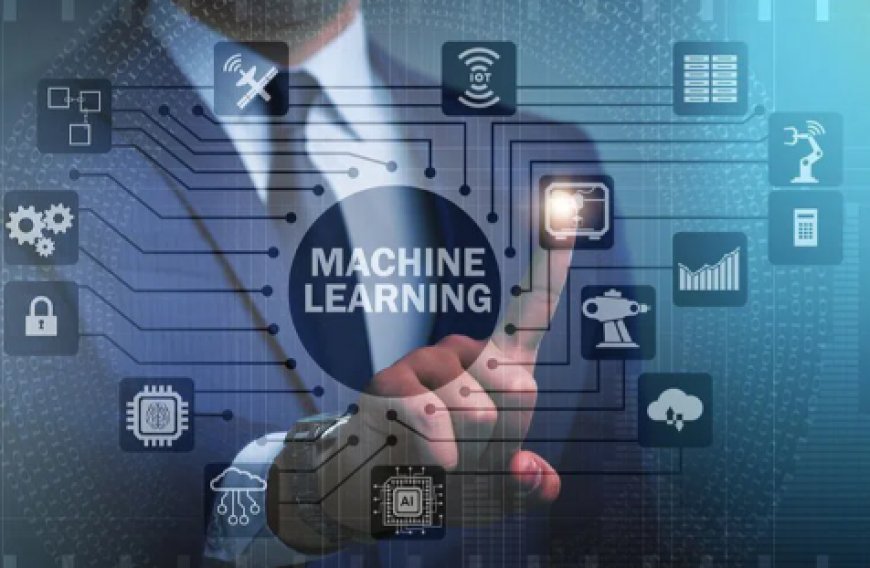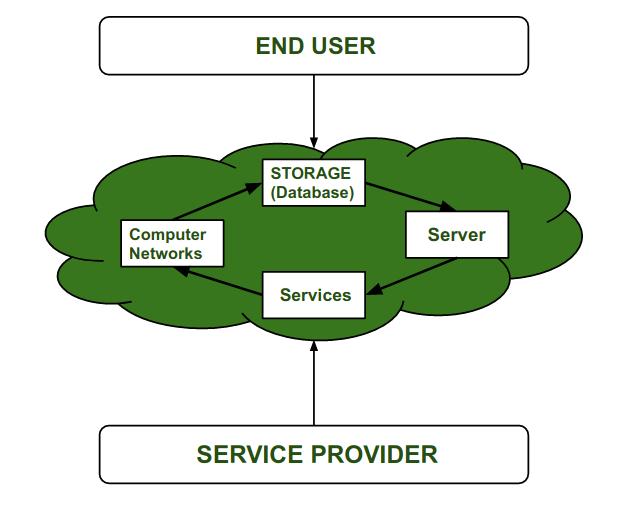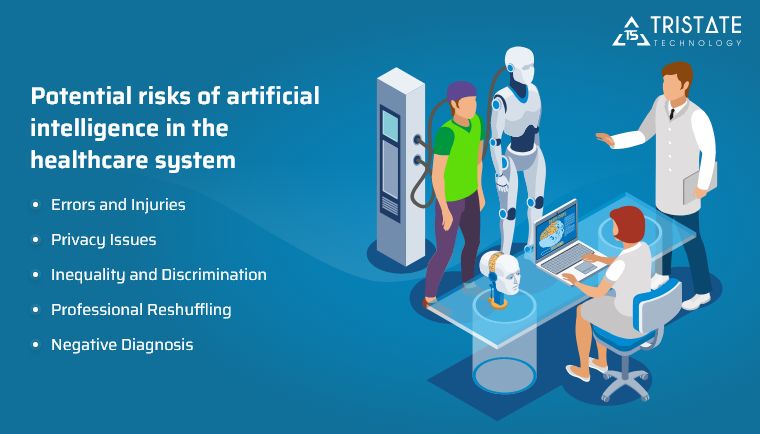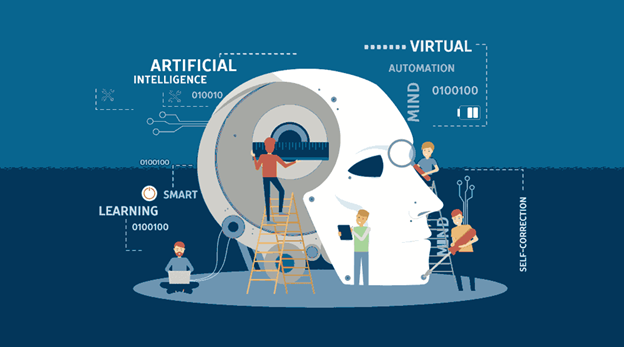Machine learning (ML) has rapidly become a cornerstone of modern technology, influencing various facets of our lives and reshaping industries across the globe. By enabling systems to learn from data and make decisions with minimal human intervention, machine learning is driving significant advancements in numerous fields. This article delves into some of the most impactful applications of machine learning, highlighting how this technology is revolutionizing our world.
Healthcare and Medicine
Machine learning is making a profound impact on healthcare, offering new ways to diagnose, treat, and manage diseases. One of the most notable applications is in medical imaging, where ML algorithms analyze X-rays, MRIs, and CT scans to identify abnormalities with high accuracy. These algorithms can detect early signs of conditions such as cancer, potentially improving patient outcomes through earlier intervention.
In addition to diagnostics, machine learning is enhancing personalized medicine. By analyzing genetic information and patient history, ML models can predict how individuals will respond to specific treatments, allowing for tailored therapeutic approaches. This personalized approach improves the effectiveness of treatments and reduces the risk of adverse reactions.
Finance and Banking
The finance industry leverages machine learning for a variety of purposes, from fraud detection to algorithmic trading. ML algorithms can analyze transaction patterns and detect anomalies that may indicate fraudulent activity, enabling quicker and more accurate responses to potential threats. This helps financial institutions protect their customers and reduce losses from fraud.
In trading, machine learning models predict market trends and make trading decisions based on historical data and real-time information. These models can process vast amounts of data at speeds unattainable by human traders, leading to more informed investment strategies and potentially higher returns.
Retail and E-Commerce
Retailers and e-commerce platforms are harnessing the power of machine learning to enhance customer experiences and optimize operations. Personalized recommendations are a prime example of this application. By analyzing customer behavior, purchase history, and preferences, ML algorithms provide tailored product suggestions, increasing the likelihood of sales and improving customer satisfaction.
Moreover, machine learning helps retailers manage inventory and forecast demand. By analyzing sales data, seasonal trends, and external factors, ML models predict future demand with greater accuracy. This allows businesses to optimize stock levels, reduce waste, and ensure that products are available when customers want them.
Autonomous Vehicles
The development of autonomous vehicles is one of the most exciting applications of machine learning. Self-driving cars use a combination of ML algorithms and sensors to perceive their environment, make driving decisions, and navigate roads safely. These systems process data from cameras, lidar, and radar to detect obstacles, recognize traffic signs, and respond to changing conditions.
Machine learning is crucial for improving the accuracy and reliability of autonomous driving systems. As these vehicles collect more data and experience diverse driving scenarios, ML models learn and adapt, enhancing their performance and safety over time.
Natural Language Processing (NLP)
Natural language processing (NLP), a subfield of machine learning, focuses on enabling computers to understand and generate human language. NLP applications include chatbots, virtual assistants, and language translation services. For example, chatbots powered by NLP can handle customer inquiries, provide support, and perform tasks with human-like interactions, improving customer service efficiency.
Machine learning also enhances language translation by analyzing vast amounts of multilingual text and learning to translate between languages with increasing accuracy. Services like Google Translate utilize these advanced models to break down language barriers and facilitate global communication.
Agriculture and Farming
Machine learning is transforming agriculture by optimizing crop management and increasing yields. Precision farming uses ML algorithms to analyze data from satellite imagery, soil sensors, and weather forecasts. This information helps farmers make informed decisions about irrigation, fertilization, and pest control, leading to more efficient and sustainable farming practices.
Additionally, machine learning models predict crop yields and identify potential issues such as disease outbreaks or nutrient deficiencies. By providing actionable insights, these models support farmers in enhancing productivity and managing resources more effectively.
Conclusion
Machine learning is revolutionizing various industries and aspects of daily life, offering innovative solutions and driving significant advancements. From improving healthcare outcomes and enhancing financial security to personalizing retail experiences and enabling autonomous vehicles, the applications of machine learning are diverse and impactful. As technology continues to evolve, the potential for machine learning to transform even more sectors remains vast, promising continued progress and innovation in the years to come.





